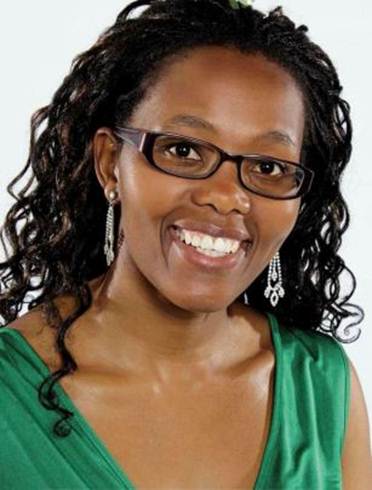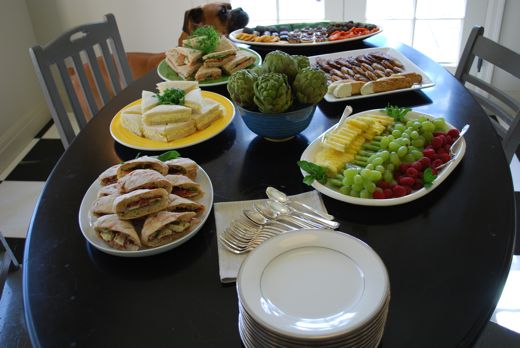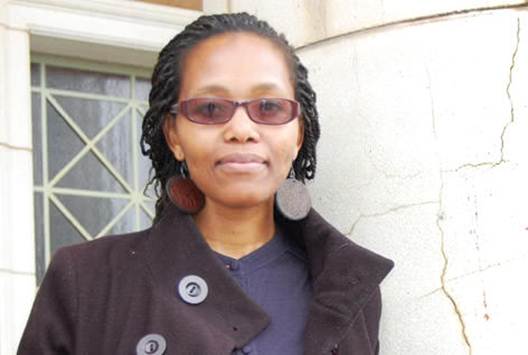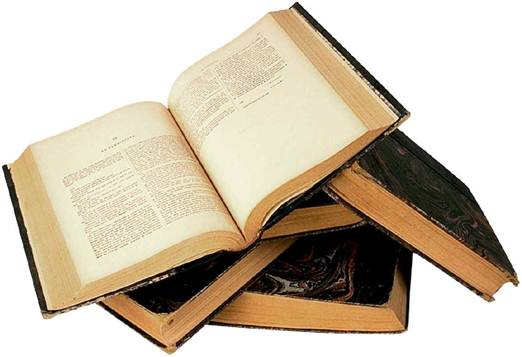As a teenager, Thabisa Xhalisa sought a job
as a domestic worker to help support her family. At 29, she has a master’s
degree, two children and a life story of overcoming the odds through hard work,
determination and careful introspection.

“I thank my mother for my inner strength.
She’d always pray camouflage her pain with a smile, and never complain.”
My mother married at the age of 16. Her
husband was abusive and a womanizer. With that, her dream of becoming a doctor
would never materialize. In 1982, eight months prenant and an ANC activist, she
was arrested in New Crossroads, an informal settlement outside Cape Town. My
twin brother, Thabo, and I were born in Pollsmoor Prison, and on our first
birthday we were released into the care of our 13-year-old sister, Thandi. She
had to leave school to look after us.
Later, Thabo and I went to live with my
other sister, Nobuntu, and her husband in Knysna. My sister was emotionally
abusive, which gave others in the community the opportunity to mistreat us too.
We didn’t speak Afrikaans and we hadn’t been born there, so we were treated as
outcasts. There’s Xhosa proverb that says, “It takes a village to raise a
child” but, for us, it was more like, “It fought back. I thank my mother for my
inner strength – she would pray, camouflage her pain with a smile, and never
complain.
Never give up
When Thandi passed away from cancer in
1995, everything fell apart for me. I couldn’t grieve – I saw it as a sign of
weakness. I also wanted to remain strong for my mother, because she was always
so strong for us. She’d come to live with us in Knysna, but couldn’t find any
work.
At 15, I found a job as a domestic worker
while still in school. I could no longer go to bed without supper or beg for
food. Thankfully my mom found a job at a woodwork company and managed to pay my
fees.

I
could no longer go to bed without supper or beg for food.
After matriculating, I was desperate to
leave Knysna. My mother gave me money from her savings and I bought a bus
ticket to Cape Town. My boyfriend at the time was in Cape Town, so I had a
place to stay for a few days. Twice I applied to UCT to study medicine, but
both times my application was rejected. Finally, I was accepted into Humanities
to study philosophy and theology.
I had no idea how to write essays. And I
couldn’t understand the dense academic texts or the accents of the lecturers. I
failed my first year 2003, yet my mother still believed in me. I also gave
birth to my son that year.
I yearned to bring my mother to Cape Town
to be with us, to uproot her from poverty, but before I could do that she was
diagnosed with lung cancer. She passed away when my son was 11 months old. My
world ended. I reminded myself that she was never as happy as the day I was
accepted to study, and that I had a degree to finish. In 2005, when I completed
my BA in media studies, I had mixed emotions: I was happy I’d made it, but I
was also heartsore that my mother wasn’t there to see me succeed.
Be the change

I would dream constantly about my lost
loved ones. What I didn’t understand then was that I was suffering from
depression; it was killing me from the inside. I isolated myself and concealed
my problems because I feared becoming a burden. I finally saw a psychologist –
and I realized the losses I’ve experienced in my life have made me stronger.
Today I lecture Xhosa to first-, second-
and third-year medical student at UCT Medical School. The Xhosa we teach is
mostly contextualized around medicine so that the students can introduce
themselves to a patient, greet a patient appropriately, and gain an
understanding of the Xhosa culture.
I design all my own teaching material.
Thandi’s death inspired me to make a difference through the use of language and
education. Back when she fell ill, her doctor had mistakenly prescribed
diabetes medication when, in fact, she had cancer. Six months later, once she
was taken to a Xhosa-speaking doctor for a second (correct) opinion, it was too
late.
So often language barriers in this country
result in misunderstandings between doctors and patients and poor diagnoses,
often with tragic results. I may be the product of a township school, but I’ve
managed to just graduate with my master’s in education. For my thesis, I
researched the reasons why African children in Xhosa-medium schools perform
poorly compared to those in English and African-medium schools. I did all my
own research by observing Grade Two lessons in the townships.

I
researched the reasons why African children in Xhosa-medium schools perform
poorly compared to those in English and African-medium schools.
It was emotionally exhausting. I had
serious concerns about the standard of teaching and the conduct of the
teachers. I’d always compare the children to my own. I realized their parents
probably didn’t have the time with their homework. My mother didn’t have an
education, but she always insisted we prioritize our schoolwork. She taught us
how to read and write in Xhosa, and passed on to us her limited knowledge of
English.
I plan to link my PhD to the work I’m doing
at UCT: I’ll research the teaching of Xhosa at the Medical School to see
whether it’s effective.
Read, lead, grow…
In 10 years, I’ll be 39. I’d like to have a
big family. By then I’ll hopefully have opened an education center focused on
reaching children from disadvantaged backgrounds – to stimulate their brains
and help them to read. I’ve written Xhosa children’s books and I plan to write
many more.

Read,
lead, grow…
If you lack education you’re vulnerable,
you’re discriminated against, ignored. Like my mother, you could be left to die
in hospital, never asking “Why?” I’m a firm believer that “Knowledge is power”.